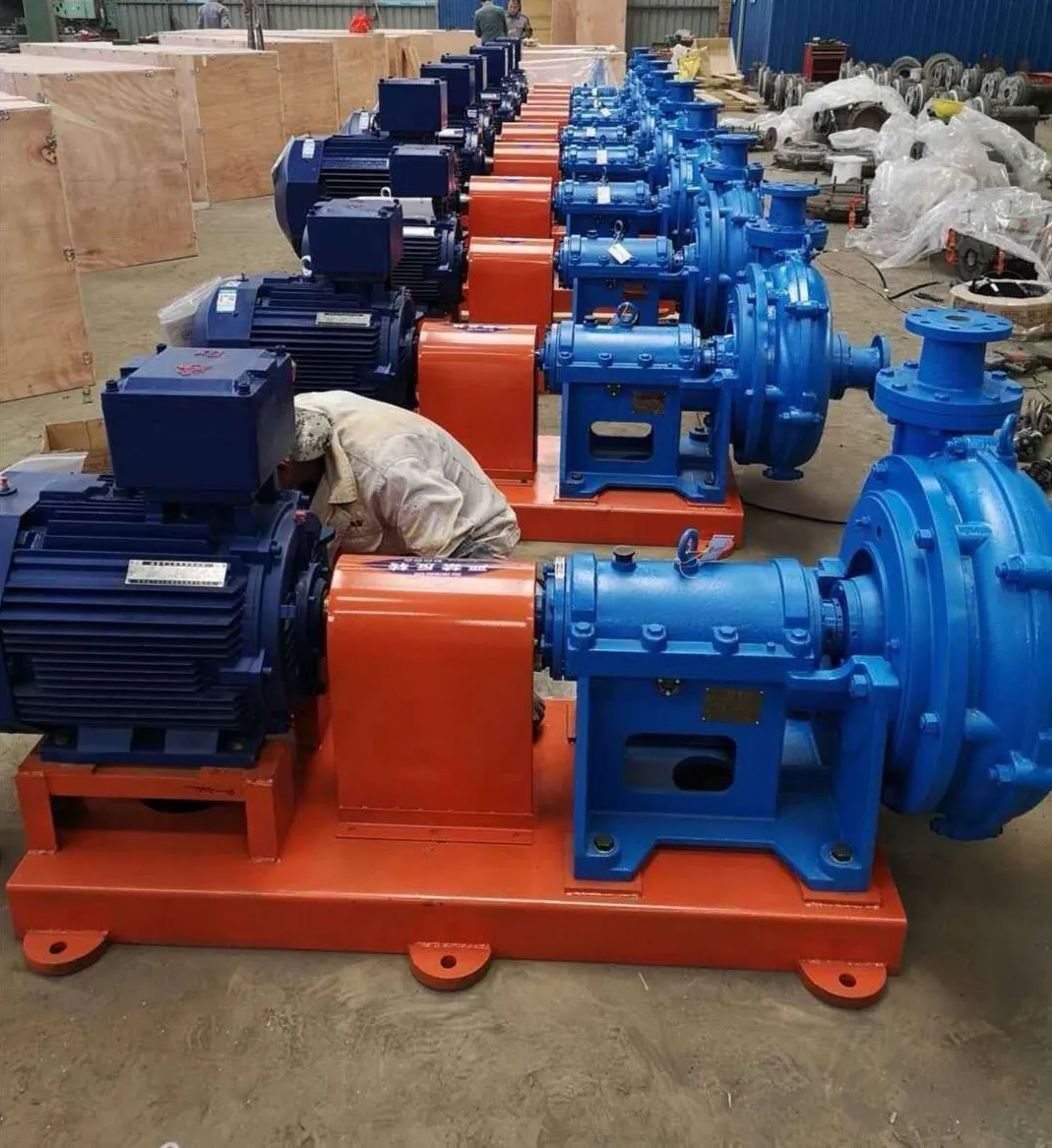Urdu
- Afrikaans
- Albanian
- Amharic
- Arabic
- Armenian
- Azerbaijani
- Basque
- Belarusian
- Bengali
- Bosnian
- Bulgarian
- Catalan
- Cebuano
- Corsican
- Croatian
- Czech
- Danish
- Dutch
- English
- Esperanto
- Estonian
- Finnish
- French
- Frisian
- Galician
- Georgian
- German
- Greek
- Gujarati
- Haitian Creole
- hausa
- hawaiian
- Hebrew
- Hindi
- Miao
- Hungarian
- Icelandic
- igbo
- Indonesian
- irish
- Italian
- Japanese
- Javanese
- Kannada
- kazakh
- Khmer
- Rwandese
- Korean
- Kurdish
- Kyrgyz
- Lao
- Latin
- Latvian
- Lithuanian
- Luxembourgish
- Macedonian
- Malgashi
- Malay
- Malayalam
- Maltese
- Maori
- Marathi
- Mongolian
- Myanmar
- Nepali
- Norwegian
- Norwegian
- Occitan
- Pashto
- Persian
- Polish
- Portuguese
- Punjabi
- Romanian
- Russian
- Samoan
- Scottish Gaelic
- Serbian
- Sesotho
- Shona
- Sindhi
- Sinhala
- Slovak
- Slovenian
- Somali
- Spanish
- Sundanese
- Swahili
- Swedish
- Tagalog
- Tajik
- Tamil
- Tatar
- Telugu
- Thai
- Turkish
- Turkmen
- Ukrainian
- Urdu
- Uighur
- Uzbek
- Vietnamese
- Welsh
- Bantu
- Yiddish
- Yoruba
- Zulu
Telephone: +86 13120555503
Email: frank@cypump.com
اگست . 06, 2024 13:11 Back to list
Efficient Solutions for Wastewater Transport Using Advanced Sewage Transfer Pumping Systems
The Importance of Sewage Transfer Pumps in Modern Wastewater Management
Sewage transfer pumps play a crucial role in modern wastewater management systems. As urban areas continue to expand and populations grow, the need for efficient and effective sewage handling has never been more urgent. These pumps are designed specifically for the transportation of sewage and wastewater, ensuring that it is moved safely and efficiently from one location to another, such as from residential or commercial buildings to treatment facilities.
At the core of their function, sewage transfer pumps are capable of handling not just liquids but also solid waste, which can make the process of wastewater management particularly challenging. Traditional pumps may struggle with these characteristics, leading to blockages, pump failures, and costly repairs. Sewage transfer pumps, however, are engineered with robust designs and materials suited for the harsh conditions and materials associated with sewage. They often feature macerators or large impeller designs that allow them to grind up solids and manage fibrous materials effectively, reducing the risk of clogs.
One of the key benefits of sewage transfer pumps is their reliability. In many areas, sewage transfer systems operate under continuous demand, particularly in urban environments where there are often many sources of wastewater. Any failure in the system can lead to significant health risks and environmental hazards, including untreated sewage spilling into public areas or waterways. Therefore, using high-quality, durable sewage transfer pumps is essential to minimize these risks. Regular maintenance and prompt repair of sewage infrastructure also play a vital role in maintaining operational efficiency and reliability.
sewage transfer pump

Moreover, sewage transfer pumps are designed for energy efficiency
. With the growing emphasis on sustainability and reducing carbon footprints, many modern sewage pumps are engineered to operate with less energy consumption while maintaining high performance. Innovations in pump technology, including variable speed drives and energy-efficient motor designs, allow these pumps to adapt to changing conditions and reduce energy use, which is both cost-effective and environmentally friendly. As regulatory measures become stricter, energy-efficient sewage transfer pumps offer facilities a way to comply with environmental guidelines while reducing operational costs.Additionally, sewage transfer pumps can be customized to fit specific needs and conditions, making them versatile for various applications. Whether for municipal wastewater treatment plants, commercial buildings, or residential areas, these pumps can be tailored to handle specific flow rates, pressure requirements, and environmental conditions. This adaptability ensures that infrastructures can meet the demands imposed by their operational environments without compromising efficiency or safety.
Another critical aspect of sewage transfer pumps is their role in preventing environmental contamination. With aging infrastructures and increasing population densities, the risk of sewage overflows or backflows rises significantly. Implementing a well-designed sewage transfer system complete with high-performing pumps can mitigate these risks, ensuring that wastewater is transported effectively without spilling into the environment or compromising public health.
In conclusion, sewage transfer pumps are an indispensable component of modern wastewater management systems. They ensure that sewage is handled efficiently, reliably, and in an environmentally responsible manner. As urban areas continue to grow and place more pressure on existing sewage systems, the importance of investing in high-quality sewage transfer pumps and maintaining them will only increase. Their role in promoting public health, safeguarding the environment, and supporting sustainable urban development cannot be overstated. By harnessing innovative technology and regular maintenance, communities can improve their wastewater management capacity, contributing positively to overall health and environmental quality.
-
ISG Series Vertical Pipeline Pump - Chi Yuan Pumps Co., LTD.|High Efficiency, Energy Saving, Low Noise
NewsJul.30,2025
-
ISG Series Vertical Pipeline Pump- Chi Yuan Pumps|High Efficiency&Low Noise
NewsJul.30,2025
-
ISG Series Vertical Pipeline Pump-Chi Yuan Pumps Co., LTD.|High Efficiency&Energy Conservation
NewsJul.30,2025
-
ISG Series Vertical Pipeline Pump - Chi Yuan Pumps Co., LTD.|Advanced Hydraulic Design&Energy-Efficient Solutions
NewsJul.30,2025
-
ISG Series Vertical Pipeline Pump - Chi Yuan Pumps Co., LTD.
NewsJul.30,2025
-
ISG Series Vertical Pipeline Pump - Chi Yuan Pumps Co., LTD.|energy-efficient fluid handling&industrial durability
NewsJul.30,2025










